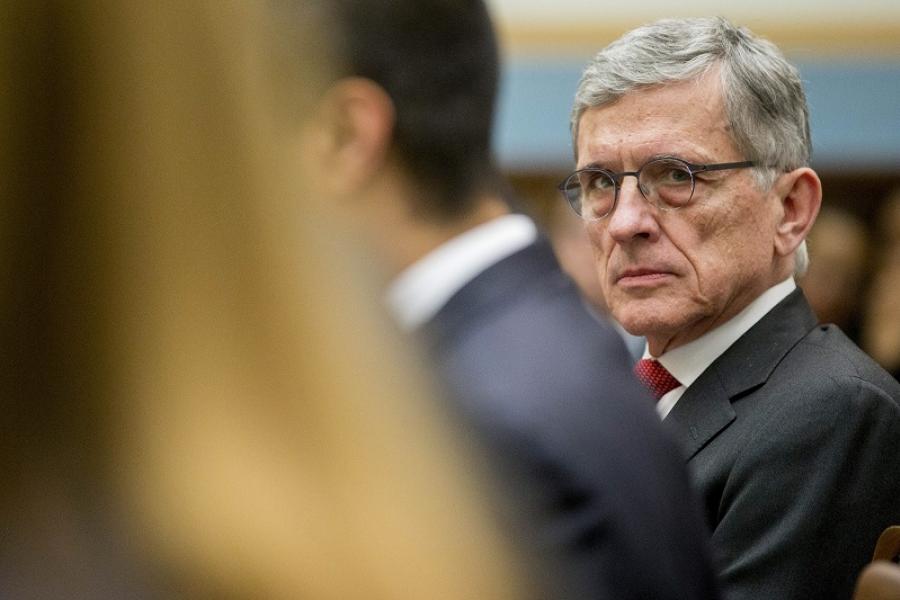
The FCC Should Stay Out of the Internet Rate Business
FCC Chairman Tom Wheeler has made a commitment to keep the agency out of the Internet rate regulation business – but nothing is a guarantee.
That is why the No Rate Regulation of Broadband Internet Access Act (H.R. 2666), which had a hearing in front of a House subcommittee this week, could be an important step to secure that principle. The bill prevents the FCC from regulating the rates of Internet service providers in light of last year’s net neutrality rulemaking.
The FCC’s February 2015 reclassification of Internet service providers as Title II common carriers broadened the commission’s authority to regulate Internet privacy and rates – although the agency sold its Open Internet Order to the public as a means to prevent broadband providers from blocking, throttling or creating paid prioritization of the Internet.
Chairman Wheeler himself explained that the FCC’s Title II authority would not set rates for broadband providers in advance but allowed consumers to bring enforcement actions for prices that were allegedly not “just and reasonable.”
While Chairman Wheeler claims that he has no plans to use FCC’s Title II authority to regulate broadband rates, things can change under new presidential administrations, with new FCC commissioners, and with different agency statutory interpretations. The next chair of the FCC could use this new regulatory framework to micromanage the Internet economy.
During this week’s hearing, Elizabeth Bowles of the Internet Service Providers Association concluded that the current regulatory environment creates uncertainty for the broadband industry.
Consumers until now have clearly benefited from the vibrant and competitive dynamic that encourages innovation and private investment. Former FCC Commissioner Robert McDowell, now a partner at Wiley Rein, LLP, told the subcommittee that “rate regulation, especially through common carrier regulation, has a history of stifling investment and innovation in services.”
The unnecessary uncertainty created by today’s Title II regulation of the Internet raises barriers to the National Broadband Plan’s goal to deploy new broadband to consumers and risks middle-class jobs.
Members of both parties on the House Energy & Commerce Committee this week agreed in principle that the FCC should not be in the business of regulating broadband rates. President Barack Obama and Hal Singer of the Progressive Policy Institute also have advocated for restraining the commission’s ability to police broadband rates. Unfortunately, opponents of the No Rate Regulation of Broadband Internet Access Act are pushing against the president’s direction by calling for Title II rate regulation that could disrupt the Internet’s virtuous cycle.
Currently, the FCC’s Open Internet Order is up for review in United States Court of Appeals for the D.C. Circuit. The Chamber submitted an amicus brief in August 2015 in support of litigation to overturn the FCC’s net neutrality decision. Oral arguments were heard last month, and a decision is expected to be handed down sometime early this year.
In the event that the commission’s Title II authority is upheld by the Court of Appeals, H.R. 2666 is a step in the right direction toward fostering regulatory certainty and statutorily holding future FCC commissioners to Chairman Wheeler’s commitment to keeping the FCC out of the rate regulation business.
The Weekly Download
Subscribe to receive a weekly roundup of the Chamber Technology Engagement Center (C_TEC) and relevant U.S. Chamber advocacy and events.
The Weekly Download will keep you updated on emerging tech issues including privacy, telecommunications, artificial intelligence, transportation, and government digital transformation.
